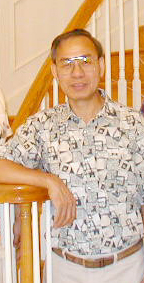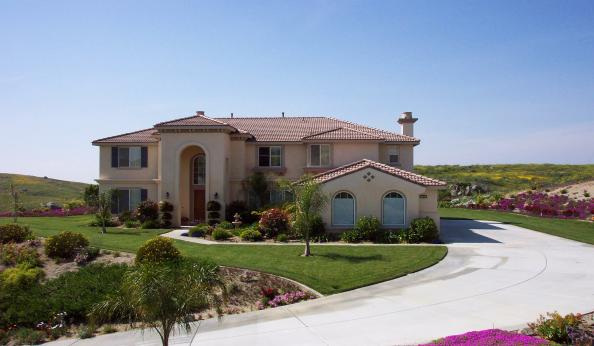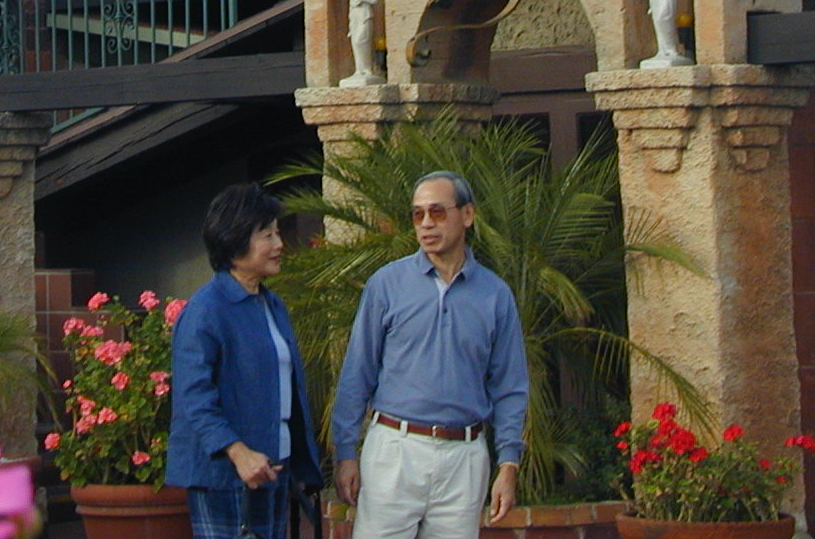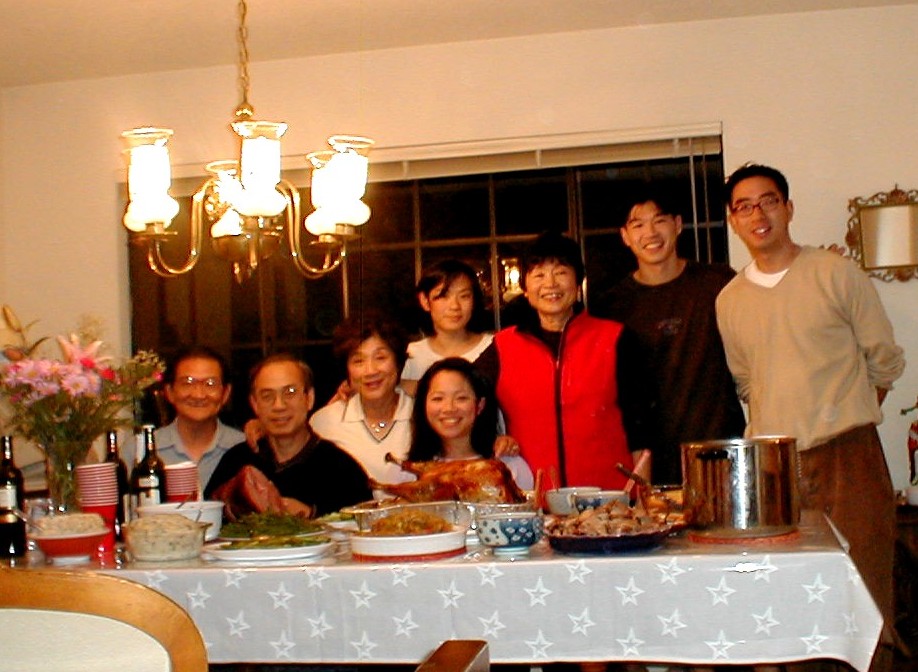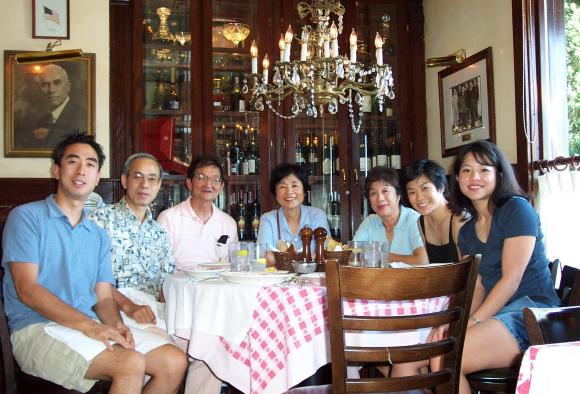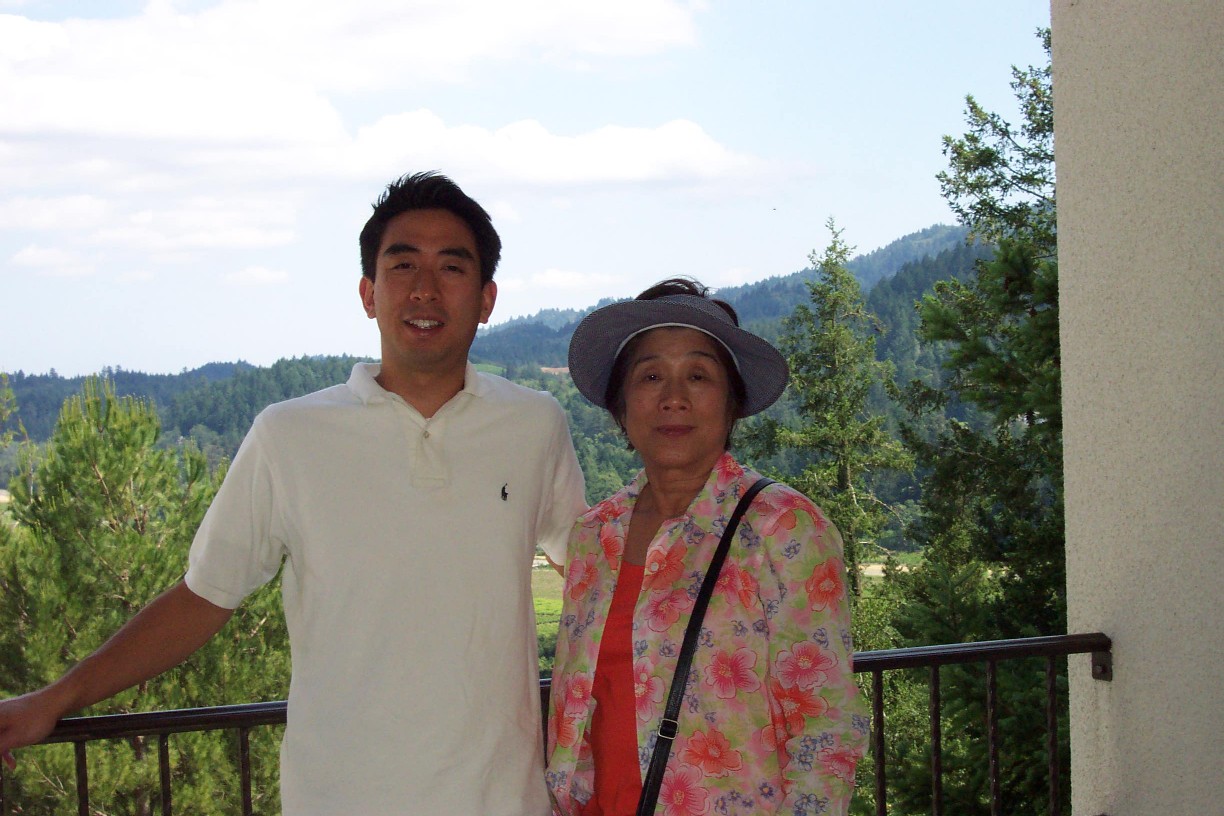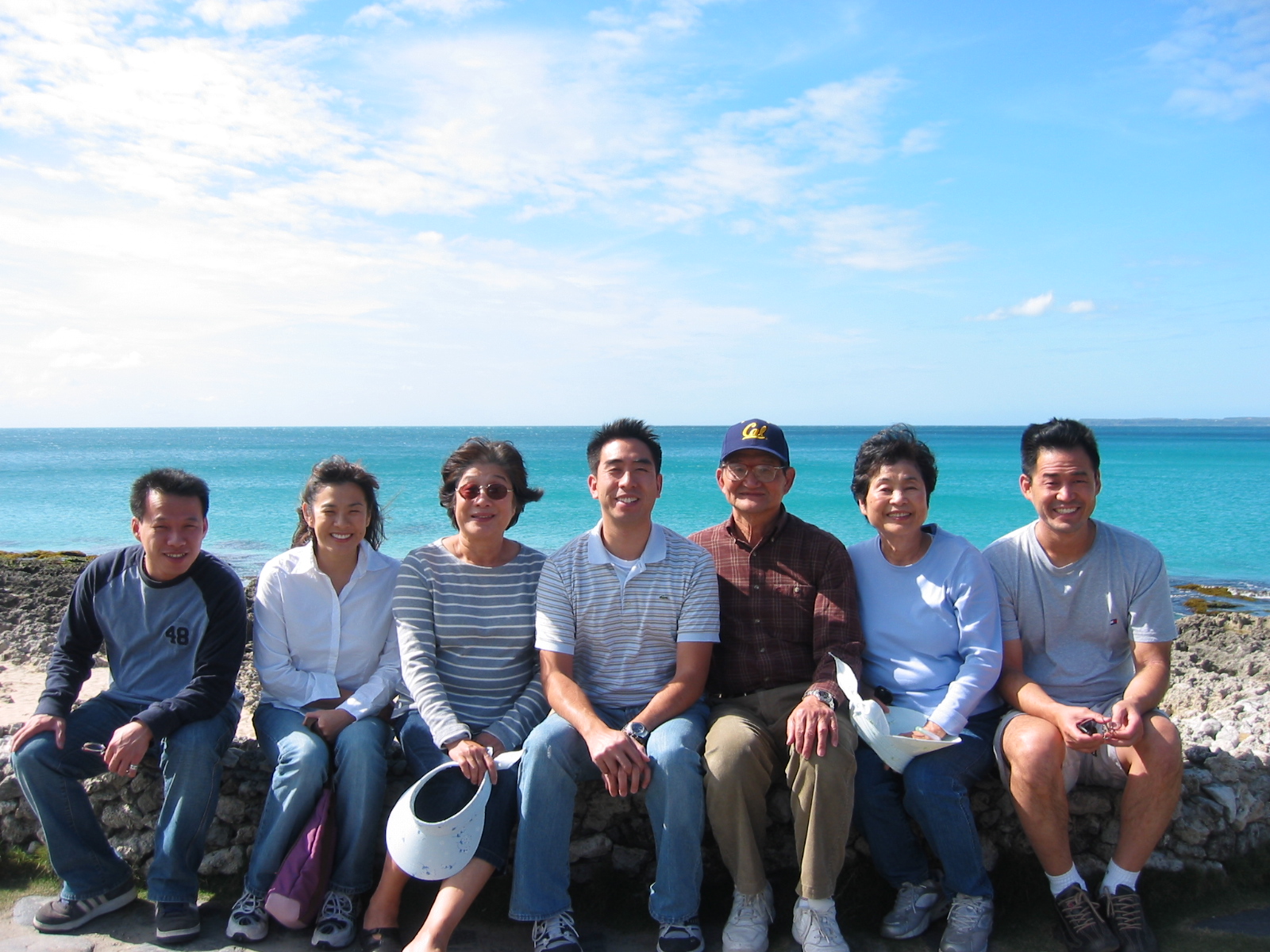With sudden deaths such as my father's death you tend to question life and what life really means. However, I doubt my father ever really questioned life; he simply lived life with the values instilled in him from his parents and even from my mother and her parents. He followed his passions without any regard to obstacles. There were few obstacles for my father.
My father instilled these same values in my sister and me. He let us follow our dreams and interests. As a child, my father knew how much I loved nature, bugs, and critters. He'd always took our family out every weekend to parks, especially those with creeks. I always loved creeks and lakes -- we'd drive out in one of our many General Motor cars, including the black Knight Rider Pontiac Firebird which was the talk of the town. I remember my father boasting how he had turbo-charged this four-cylinder engine to have more horsepower than a typical 8-cylinder engine. Funny thing is I really had no idea what that meant then, and I'm probably describing this engine entirely wrong right now.
My father never encouraged me to go into mechanical engineering. In fact, he told me that if I was after money, it really was the wrong field to go into. Funny enough, he would still encourage me to do mechanically related science experiments, though I was always more interested in having an ant farm as my science experiment. I think the main reason was such that he could do my science projects for me. I remember how excited he was to go to the local Radio Shack to buy electronic components for my 2nd grade science project. The project ended up being much more complicated than what any 2nd grader could've accomplished. In fact, we had roman numerals associated with it. I could barely read or even write a sentence in English myself when I was in the second grade.
And in high school, I joined a University of Maryland honors engineering summer program. I actually did this for him, though I knew I was most likely going to study biochemistry in college. It made him proud for me to be involved with the university -- saying hi to each when we would run into each other on the university pathways, having the graduate students, staff, and other professors all meet me, and driving to and from work everyday for 8 weeks. I remember during a session in a mechanical engineering lab, one of the graduate students was describing to the high school summer program participants, including myself, the "three" types of tenured professors there were at the University of Maryland. This graduate student said:
"There's type 1: a professor who just sits at his desk until he's in his 80's and can't really drive to work anymore.
There's type 2: a professor who starts his/her own company and can thereby double or triple his/her income.
There's type 3: a very very rare kind of professor, like professor Tsai, David's father, who is very dedicated to his research and students, publishes profusely, has many patents, and generates money for the university. Dr. Tsai's student's success is more important than anything. But he's poor."
This graduate student was wrong about a couple things. True, my father was a great teacher. But he was never poor. His family, work, helping others, happiness were all important to him. And this is what made him a rich man.
Even today, I view life no different from my father's. My father always followed his passions and interests. He wanted it no different for me. When I wanted to go to an expensive boarding school, he supported that. When I wanted to go to a private university instead of the University of Maryland, he never had to think twice about that. When I wanted to join the dotcom boom instead of pursuing a PhD, he smiled. When I later joined a biotech company, he was just as proud. When I told him late this summer I wanted to go to law school to become a civil rights attorney, he jokingly said, "I guess I won't be retiring for a while." But I knew he didn't care and that he would end up paying for my law school education.
My father has always been financially and emotionally supportive of my interests. But he also wants me to work for my own dreams -- no different from himself. I worked hard so that Stanford would accept me for college. Ever since I was a child I always wanted to go to Stanford because my father had gone there for graduate school; and my father would only go to the best schools because he was always the best at whatever he laid his hands on -- so I believed Stanford must've been the best. I remember telling all my elementary school teachers I wanted to go to Stanford, though I didn't really know what that meant. "Why not Harvard?" I remember my fifth grade teacher Ms. Reut once asked me. "What's Harvard?" I responded. I did end up attending Harvard for college so that I would be within an hour flight to my parents' home. I rarely missed my father's birthdays since high school. It was always on President's day weekend, making it especially convenient.
I always have looked up to my father and have always wanted to have all the good he bestowed onto everyone he touched during his lifetime. My father's values are certainly those I live by today and tomorrow and the years to come.
Thank you all for coming here today to honor my father.
David Tsai
December 14, 2002
David's Eulogy for Dad
(transcribed from services on 12/14/2002; delivered in English and Taiwanese)
It's hard to believe just two weeks ago, I was helping my father anchor a few of the trees at my parents' home. The Santa Ana winds had come by a few days earlier and had blown down a few of our larger trees. On that morning of November 29th, I held on the trees as my father hammered the tree posts for those trees. We both noted how clear the skies were. The Santa Ana winds had blown away the pollution typically seen in the valleys of Riverside. My father always had to be kept busy -- I am no different. Even until the moment my father passed, we both kept busy. That late morning, we finished watching a video, had lunch, and then my father went back to his home office to work on revising a paper of a Professor Fang, a former visiting professor of my father's. My mother and I left my father at home. We asked if he'd like to come, but he said he had a lot of work to do before the end of the weekend. And so my mother and I went to visit a friend in Los Angeles. When we returned later that evening, my mother found my father "sleeping" peacefully in his home office chair. He had not struggled. He had died instantaneously of a brain aneurysm.
